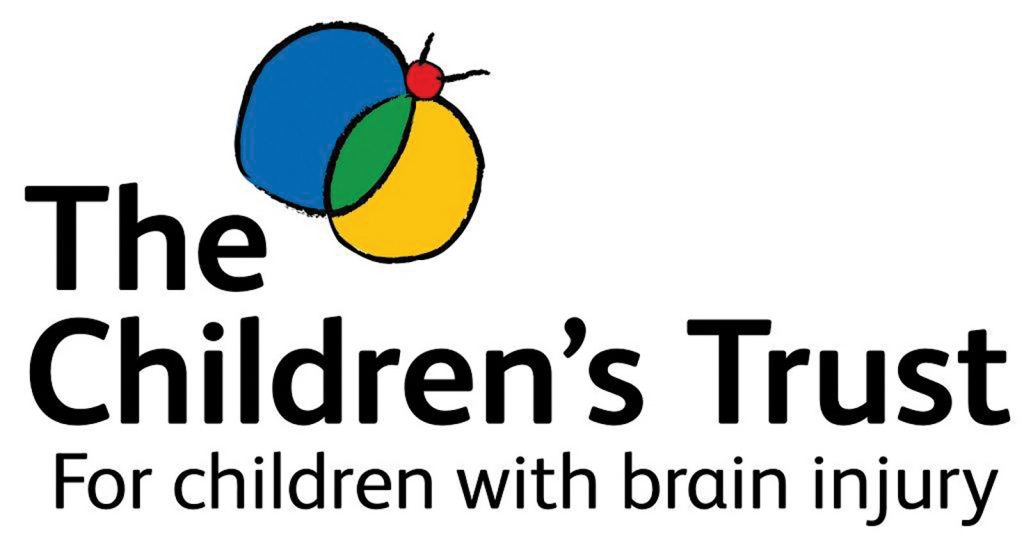Connections and Collaborations

This one-day conference, now in its fourth year, was run by The Children’s Trust – the UK’s leading charity for children with brain injury, in partnership with Irwin Mitchell. It focused on challenging issues in paediatric brain injury and rehabilitation and brought together allied professionals working in the fields in a day focused on collaborative interaction, as evident in their title for the day: Connections and Collaborations.
The day kicked off with a warm and genuine welcome, and a real enthusiasm for the topics on the agenda. Despite a virtual format, participants were encouraged from the beginning to be involved and interactive, including turning on videos and microphones when asking questions.
Gerard Anderson gave a clear, and comprehensive overview of the challenges of rehabilitation following brain injury, with particular attention to the family dynamic, and the role which parents and siblings already play in the recovery process. The detailed breakdown of the various consequences of national lockdown and the necessary move to virtual programmes stimulated helpful and wide-ranging debate on lessons that can be learnt from the pandemic. Overall, key messages included the vital need for individualised care, whole team engagement, and empowering family members and patients to take control of their rehabilitation journey.
We were lucky enough to hear from a past resident of the Children’s Trust, Annabee, who told us about her recovery from brain injury following an attempted suicide. Annabee and her Clinical Psychologist, Dr Louise Owen, took us through her journey, identifying risk factors and vulnerabilities which may have predisposed to the event, and talked us through her road to recovery, and how this is being sustained. The insight of an individual’s journey was incredibly enlightening, and really highlighted to me the importance of deep personal reflection, committing time and energy to recovery, and the roles of exercise, positive feedback, and friendship in recovery.
This was followed by a clear and comprehensive talk from Oliver Studdert and Steven Baylis, from Irwin Mitchell, who outlined the legal framework for assessing and ensuring the educational and social care needs of children with brain injury are met.
In the afternoon we heard two inspiring talks from Dr Meyer Heim, Chief Medical Officer of the Rehabilitation Centre at the University Children’s Hospital, Zurich, and from Marc Viera and Charlie Danger, Assistive Technology Practitioners at The Children’s Trust. They showcased some incredible developments for harnessing rehabilitation potential and thinking outside the box with new technology, in particular the use of gaming to focus children’s concentration, and the manipulation of available and new technology to target individual children’s rehab needs or adapt to their physical disabilities. There seemed huge potential for development in these areas, and the energy which is driving this was tangible and really inspiring!
There was a real appreciation of the importance of everyone in the clinical and non-clinical team, and a focus on working together to identify and respond to the challenges of rehabilitation, particularly in the current time.
Finally, we were taken through a superb new initiative for children returning to education, highlighted as one of the major hurdles in recovery from acquired brain injury. Dr Gemma Costello and Dr Emily Bennett, from the National ABI Education and Learning Syndicate (or N-ABLES) stimulated rich and heartfelt discussion on the need for intervention within education settings, and the importance of this guidance in providing a framework for recognising and responding to complications that result from acquired brain injury.
These excellent talks were interspersed with short, supportive messages from the sponsors.
Overall, the day was relaxed, and yet full of energy and enthusiasm for improving the experience and outcome of all children who suffer brain injury. There was a real appreciation of the importance of everyone in the clinical and non-clinical team, and a focus on working together to identify and respond to the challenges of rehabilitation, particularly in the current time.
As an Adult Neurologist, I was struck by how aligned the needs of children and adult patients are, and how many of the initiatives would be beneficial and directly relevant, or adaptable to Adult Neurology and Neuro rehabilitation. Most of all, I was impressed and inspired by the motivation and energy behind all the speakers, and all the members of the committee who put on the day.
Thanks for having me along, and especially for my tea and coffee break refreshments received in my conference pack by post – what a great touch!